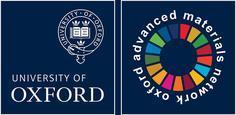When an apparent de novo (new) genetic change has been identified as the cause of a serious genetic condition in a child, many couples would like to know the risk of this happening again in a future pregnancy. Current practice provides families with a population average risk of 1%–2%. However, this figure is not accurate for any specific couple, and yet, they are asked to make decisions about having another child and/or whether to have prenatal testing. The PREcision Genetic Counseling And REproduction (PREGCARE) study is a new personalized assessment strategy that refines a couple's recurrence risk prior to a new pregnancy, by analyzing several samples from the parent–child trio (blood, saliva, swabs, and father's sperm) using deep sequencing and haplotyping. Overall, this approach can reassure ~2/3 of couples who have a negligible (
mosaicism
,precision medicine
,recurrence risk
,prenatal testing




